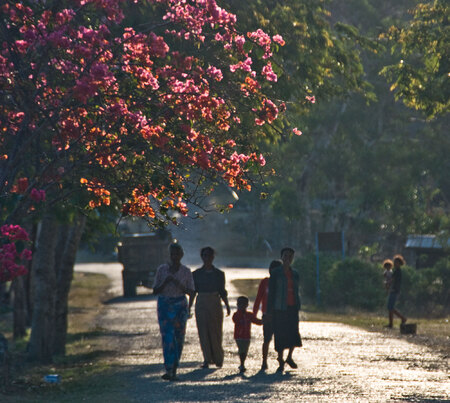[This week’s Communications column for the Vanuatu Independent.]
I spent a couple of weeks last month in Timor-Leste, the world’s youngest nation. I’d gone to lend a hand to civil society there, to apply a few of the lessons learned in Vanuatu to the communications needs of this nascent nation.
The lessons learned were mostly mine.
Five years of immersion in the day-to-day ritual of mundane, incremental development makes it difficult to keep perspective on the big things. True, we’ve had a few red letter days in the recent past, among them the roll-out of Digicel’s new mobile network and Telecom’s massive slashing in Internet rates. But seen from so close up, the magnitude of these events is sometimes hard to grasp.
Take a few steps away, though, and things spring into focus. Timor-Leste is in a similar situation to Vanuatu when I first arrived in 2003. The government is just now developing the awareness and capacity to think comprehensively about communications. Internet use among civil society organisations is limited almost entirely to the capital, and it what little occurs is mostly between NGOs and outside agencies. There is little domestic inter-organisational communication, virtually none using anything more advanced than a telephone.
Timor is beginning to bloom now like the bougainvillea one sees amid the dust, glowing in the desert light. From one week to the next, the street I stayed on saw new shops opening, or re-opening. Timor is experiencing a quickening of the pulse.
Continue reading →

